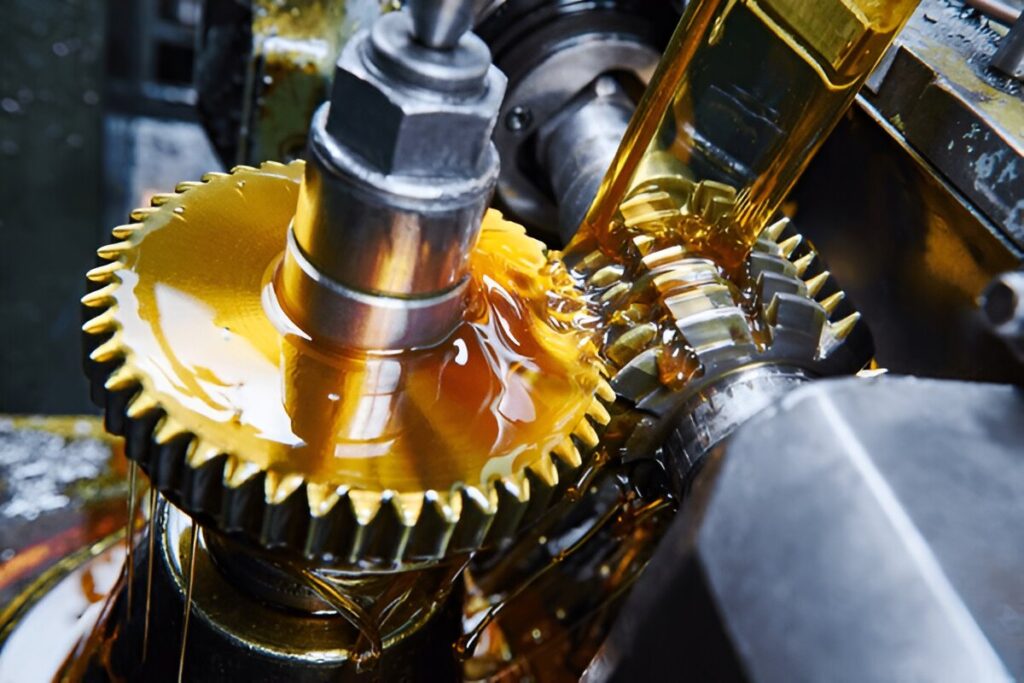Engine Oil Consumption 7 Proven Ways to Decrease
Explore comprehensive information on engine oil consumption, helping you understand its impact on your vehicle and how to manage it effectively for better performance.

Excessive engine Oil Consumption: Causes and Remedies
(a) Non-Internal Oil Leaks
- Valve Cover or Fuel Pump Gasket
- Remedy: Replace the gasket.
- Timing Gear Cover
- Remedy: Replace the gasket and tighten bolts to the correct torque.
- Oil Pump Gasket or Drain Plug
- Remedy: Replace the gasket or drain plug.
- Front or Rear Main Bearing Oil Seal
- Remedy: Replace the oil seal.
- Oil Filter Gasket or Oil Lines
- Remedy: Replace the gaskets and repair the oil lines as needed.
- Breather Tube Blockage (Crankcase Back Pressure)
- Remedy: Clean the breather tube and ensure proper ventilation.
(b) Internal Oil Leaks
- Defective Positive Crankcase Ventilation (PCV) Valve
- Remedy: Repair or replace the PCV valve.
(c) Oil Leak Through Valve Guide
- Excess Clearance Between Valve Stem and Guide
- Remedy: Ream the guides and fit oversized valve stems or replace valves and guides as required.
2. Defective Valve Stem Oil Seal
- Remedy: Replace the valve stem oil seal.
3. Oil Combustion in the Combustion Chamber
- Remedy: Cylinder Wall, Piston, and Ring Damage. Inspect for corrosion or wear. Repair or replace as necessary.
(d) Oil Leakage Through Pistons and Rings
- Piston Ring Issues
- Cause: Rings are corroded, broken, clogged with deposits, or installed incorrectly.
- Remedy:
- Replace corroded or broken rings.
- Clean deposits from the oil rings.
- Install rings in the correct orientation.
- Use thicker rings if the piston ring grooves are worn.
- Cylinder Wall Issues
- Cause: Corrosion, out-of-round shape, or excessive taper.
- Remedy: Bore and hone the cylinder walls, fit oversized pistons, or install a cylinder sleeve.
- Improper Cylinder Head Tightening
- Cause: Cylinder block distortion due to incorrect torque or sequence.
- Remedy:
- Check the cylinder block for uneven surfaces.
- Perform surface grinding if needed.
- Use the correct-sized head gasket.
- Tighten the cylinder head nuts in the proper sequence and torque.
Effect of Lubricating Oil Consumption
Excessive lubricating oil consumption in engines can lead to significant operational and environmental issues. High oil consumption reduces engine efficiency by causing incomplete combustion, which may result in carbon deposits on pistons, rings, and cylinder walls. These deposits can increase friction, leading to accelerated wear and damage to engine components. Additionally, it causes increased exhaust emissions, contributing to air pollution and violating environmental regulations.
Over time, excessive oil loss can lead to low oil levels, risking inadequate lubrication. This may cause overheating, scoring of engine parts, and potential seizure of critical components like the crankshaft and bearings. Economically, frequent oil top-ups increase maintenance costs and operational downtime.
Monitoring and addressing oil consumption issues promptly through proper maintenance, such as fixing leaks, replacing worn seals, and ensuring correct engine operation, is essential to maintain engine reliability, longevity, and compliance with environmental standards.
Conclusion: Reducing engine oil consumption is essential for maintaining engine efficiency and longevity. – Implementing proper maintenance practices can significantly minimize oil usage and enhance vehicle performance.

